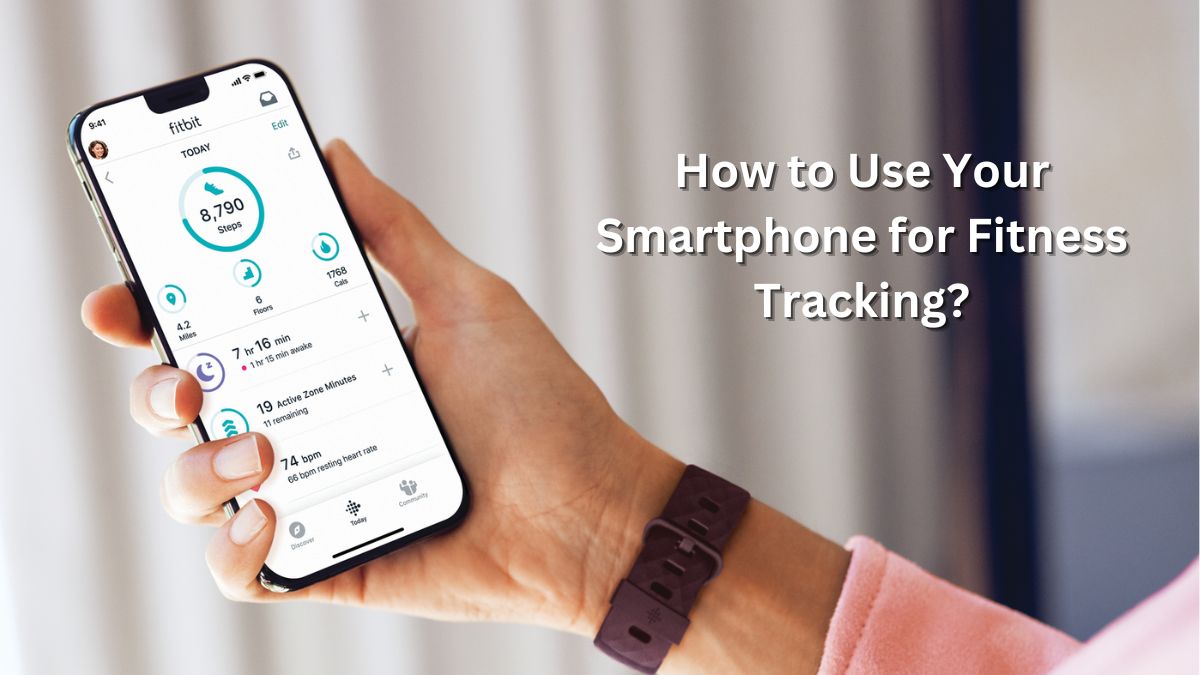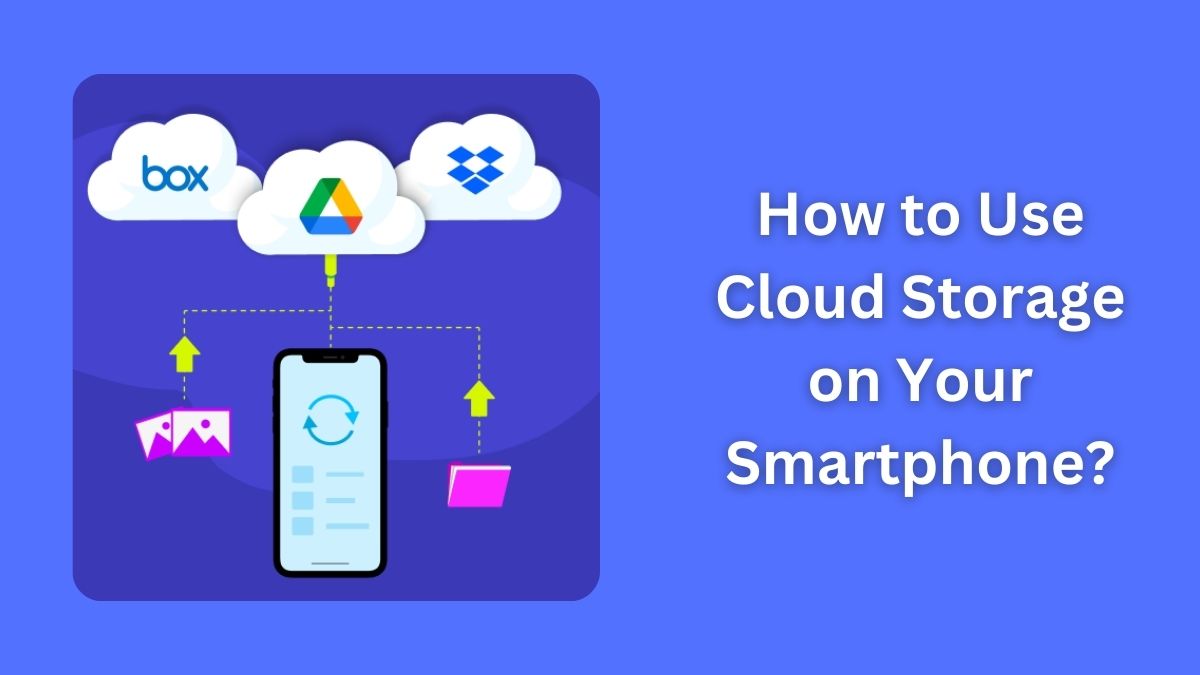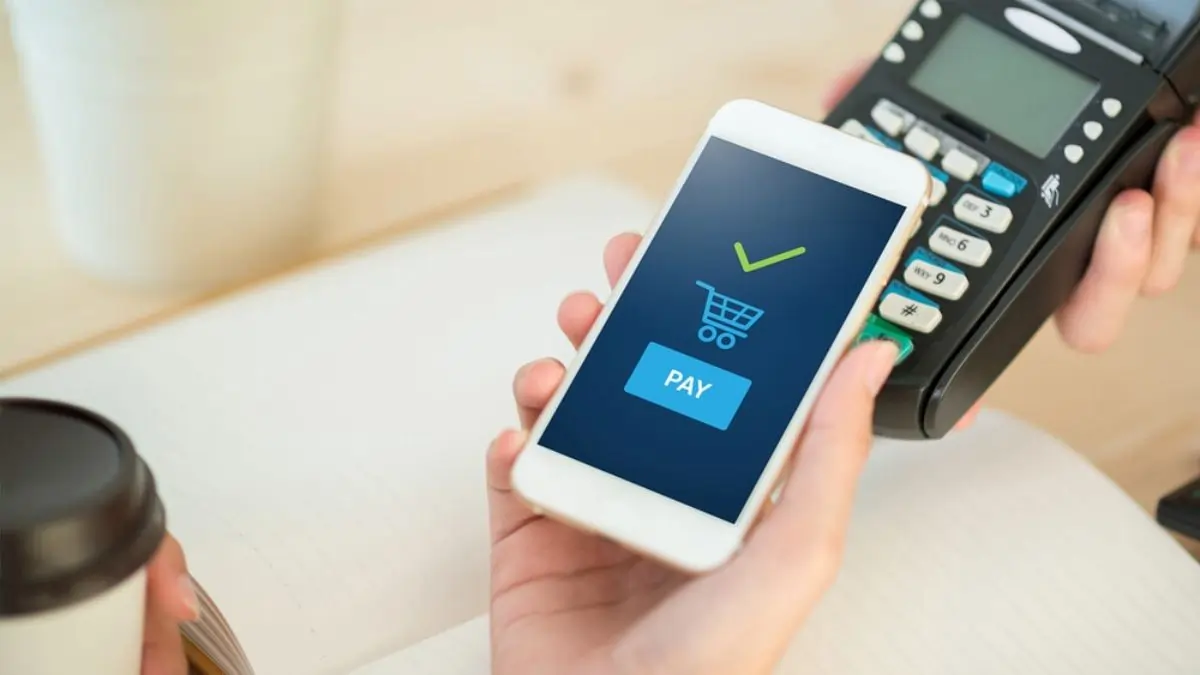In today’s digital world, online privacy and security have become increasingly critical. Whether you’re using public Wi-Fi or simply want to safeguard your data, setting up a Virtual Private Network (VPN) on your Android device is a smart move. This guide will take you through a simple and reliable process to secure your internet connection.
What is a VPN and Why Do You Need One?
A VPN (Virtual Private Network) is a technology that encrypts your internet traffic and routes it through a secure server. This ensures your online activities remain private and your data protected from hackers, advertisers, or surveillance.
With a VPN, you can:
- Hide your IP address for anonymity.
- Access geo-restricted content.
- Safeguard your data on public Wi-Fi.
- Enhance overall internet security.
Step-by-Step Guide to Setup VPN on Android
Follow these simple steps to configure a VPN on your Android device:
Option 1: Using a VPN App
- Choose a Reputable VPN Service:
Select a trusted VPN provider like NordVPN, ExpressVPN, or Surfshark. Ensure the service offers strong encryption, fast servers, and a no-log policy. - Download and Install the App:
Visit the Google Play Store, search for your chosen VPN app, and install it. - Sign Up and Log In:
Create an account and log in using your credentials. - Connect to a Server:
Open the app, choose a server location based on your needs (e.g., nearby for speed or specific countries for geo-restricted content), and tap “Connect.” - Enjoy Secure Browsing:
Once connected, all your internet activity will be encrypted.
Option 2: Manual VPN Configuration
If you prefer not to use an app, you can set up a VPN manually:
1. Access VPN Settings:
- Go to your Android phone’s Settings.
- Tap on Network & Internet or Connections, depending on your device.
- Select VPN or Advanced > VPN.
2. Add VPN Profile:
- Tap the + icon or Add VPN Profile.
- Enter the VPN details provided by your service (e.g., server address, username, and password).
3. Save and Connect:
- Save the profile and tap on it to connect.
- Enter your credentials, and you’re good to go!
Tips for a Smooth VPN Experience
- Use a Kill Switch: Many VPN apps offer this feature, which cuts internet access if the VPN disconnects unexpectedly.
- Update Your App Regularly: Ensure you have the latest version for optimal performance and security.
- Test Your Connection: Use tools like IPLeak.net to confirm your IP is masked.
FAQs About VPN on Android
Q: Is it legal to use a VPN on Android?
Yes, VPNs are legal in most countries, but ensure compliance with local laws.
Q: Will a VPN slow down my internet speed?
A slight drop in speed can occur due to encryption, but premium VPNs minimize this impact.
Q: Can I use free VPNs?
Free VPNs often come with limitations and potential risks, such as data logging. Opt for a reputable paid service for better security.
Setting up a VPN on Android is a straightforward process that offers immense benefits for privacy and security. Whether you use a dedicated app or configure it manually, the steps outlined above will help you get started. Embrace online freedom and protect your data with a reliable VPN today.
Must Read: How to Free Up Phone Storage: Simple Tips to Reclaim Space











